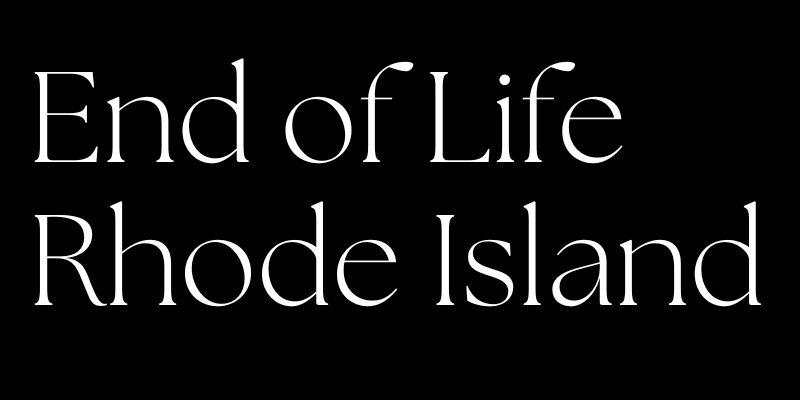Our Mission
To educate the public about the role of the end of life doula as well as raise public awareness around death, dying, and the emerging end of life planning and support options in Rhode Island.
Our Role
A doula is a person trained to provide advice, information, emotional support, and physical comfort. An end of life doula, or death doula, accompanies a person as they are preparing to die, through death itself and after death.
How can a death doula assist?
…before death
They can work with the client to organize and plan the vigil, funeral (home or traditional), body disposition details, and advance directives and living wills. They can assist with the organization of personal items and their distribution as well as the completion of legacy projects.
…during death
They are a neutral presence, providing support for whatever the client and the family needs physically, mentally, and emotionally. A doula can advocate for and create a peaceful environment for the dying as well as facilitate and mediate any last wishes and cultural or spiritual rituals.
…after death
Depending on the client’s wishes and what the family feels comfortable with, a doula can assist with the next steps for the body. They can also be available to assist with calls to other family members as well as anything else that would support the family.
Our Latest Articles
-
RIHHA Mental Health Conference – May 2024
End of Life was a consistent theme at the 2024 RIHHA Integrative Mental Health Conference. There were presentations on grief and loss, home funerals, and ours on the role of the end-of-life doula. The subject of death from a mental health and spiritual perspective is what we brought to our presentation. By weaving information and…
-
Providence Community Libraries Highlight EOLRI Presentation
In a segment on Studio 10, host Mario Hilario interviews Aimee Fontaine, the Systems Coordinator for the Community Libraries of Providence, and Julia Brough, an end of life doula and co-founder of End of Life Rhode Island.
-
As I Die
An EOL Doula’s reflection of how rich a doula can make the dying experience, through the lens of planning for her own death. Written by Julia Brough, EOLRI Co-founder.
-
Legal Pre-Planning Form Directory
We’ve organized a directory of the most important legal pre-planning documents to help give you a high level overview.
-
End of Life Doulas & Hospice: Hand in Hand
Or, “Why do we need a doula if we have hospice services?” Written by Judith Sutphen, EOLRI Co-founder.

